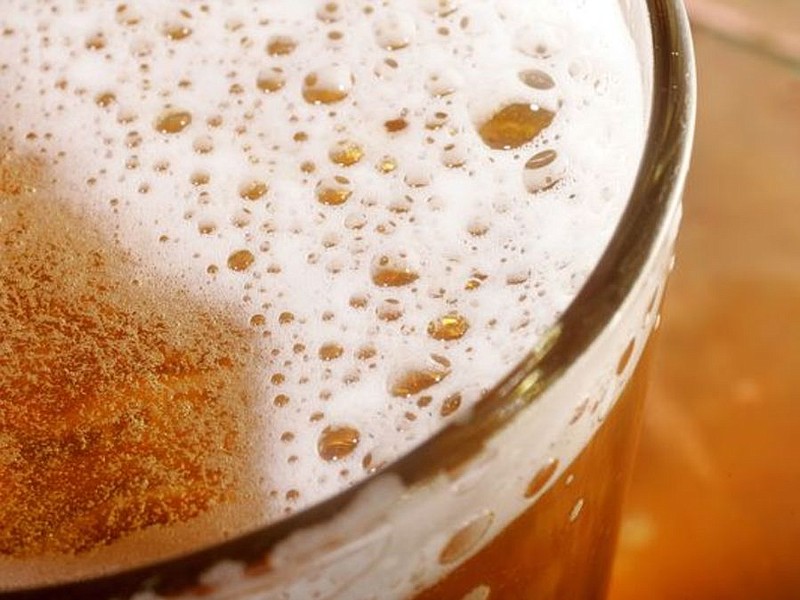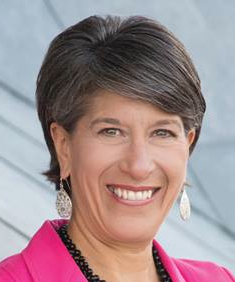For what seems like an eternity, young people have been told to sow their wild oats in high school or college because after graduation, it's on to adulthood and there are consequences for bad behavior.
Things are different now, and poor choices in high school and college can absolutely impact a young person's future in powerful ways.
A 2016 Substance Abuse and Mental Health Services Administration study shows that 7.3 million young people under the age of 21 drank in the last month. Underage drinking is associated with a number of negative consequences such as: using drugs, getting bad grades, poor health, engaging in risky sexual behavior, making bad decisions and even suffering injury or death.
BY THE NUMBERS
A report from the Centers for Disease Control and Prevention states that:
» 30 percent of high school students drank in the last 30 days.
»14 percent binge-drank in the last 30 days.
» 6 percent drove after drinking alcohol, and 17 percent rode with someone who had been drinking in the last 30 days.
» 61.5 percent of high school seniors and 23 percent of eighth-graders had tried alcohol at some point.
More than 4,300 kids die from alcohol-related incidents each year.
Approximately 119,000 people under 21 are treated in hospital emergency rooms for alcohol-related injuries annually.
The report goes on to say that underage drinking is also associated with unwanted, unplanned and unprotected sexual activity, disruption of normal growth and sexual development, and physical and sexual assault.
RISK FACTORS
Here are some factors that may increase the risk that a teen will use alcohol:
» Significant social transitions such as graduating to middle or high school.
» Getting a driver's license.
» A history of social and emotional problems.
» Depression and other serious emotional problems.
» A family history of alcoholism.
» Contact with peers involved in troubling activities.
While many people view underage drinking as normal, it is important to stop and consider the potential negative consequences. Is it really worth the price your teen might pay, either immediately or in the future?
PREVENTION STRATEGIES
There are a few things that you can do to prevent underage drinking. Here are some of them:
» Stay actively involved in your children's lives.
» Know where your children are and what they are doing. Make knowing their friends a priority.
» Set and enforce clear standards, including standards about alcohol use.
» Stay away from alcohol in high-risk situations. For example, do not operate or allow others to operate a vehicle after drinking alcohol.
» Get help if you think you have an alcohol-related problem. If you keep alcohol in your home, do not make it easily accessible to others.
» Don't allow underage drinking in your home or provide alcohol for anyone who is under legal drinking age.
Additionally, have plenty of conversations with your teens about the dangers of alcohol. Making your expectations known today may cause them to think twice about taking a drink tomorrow.
Julie Baumgardner is president and CEO of family advocacy nonprofit First Things First. Email her at julieb@firstthings.org.

